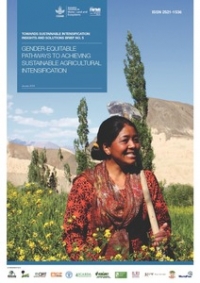The CGIAR Collaborative Platform for Gender Research is hosting a webinar that explores how to improve women's participation and benefits in irrigation schemes. Taking place on March 13 at 2pm GMT, the webinar is organized in collaboration with WLE's Thrive Network.
The discussants are Nicole Lefore, Senior Project Manager at the International Water Management Institute (IWMI), Nozilakhon Mukhamedova, research associate at the Leibniz Institute of Agricultural Development in Transition Economies (IAMO) and PhD candidate in Agricultural Economics, and Elizabeth Weight of the U.S. National Oceanographic and Atmospheric Administration’s National Integrated Drought Information System.
Background information
Women farmers often undertake farming activities within irrigation schemes, and can even constitute the majority in smallholder irrigation schemes. However, for various reasons, women are often excluded from the governance and management of such schemes. This makes it difficult to achieve equity in outcomes from investments in irrigation. In turn, this situation can have a negative impact on overall scheme and water efficiency, on food production, household food security and nutrition, and livelihoods. It also means a missed opportunity for empowering women. At the same time, public investments continue to be made in irrigation schemes, following the historical patterns in governance and management. This happens despite the fact that many donors that are investing in irrigation projects are, at least partly, targeting women. The International Water Management Institute (IWMI) had been approached by public servants working in irrigation departments and irrigation projects through the Improved Management of Agricultural Water for East and Southern Africa (IMAWESA) network, requesting support to improve gender equity.
The tool and pilot to be presented in the webinar are a response to the call for a different approach to planning and implementing irrigation projects toward greater gender equity, allowing for learning and improvement at different points in the project life cycle.

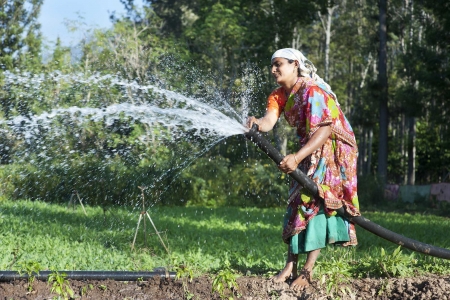

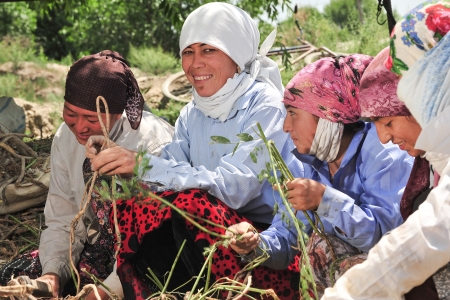

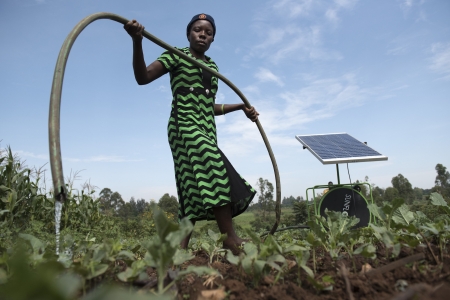
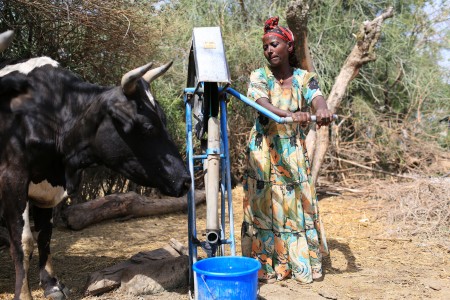

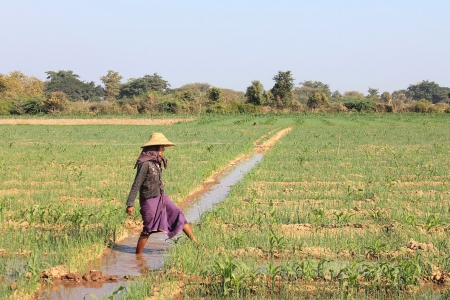


_0/index.png?itok=v9Xoe1t5)
